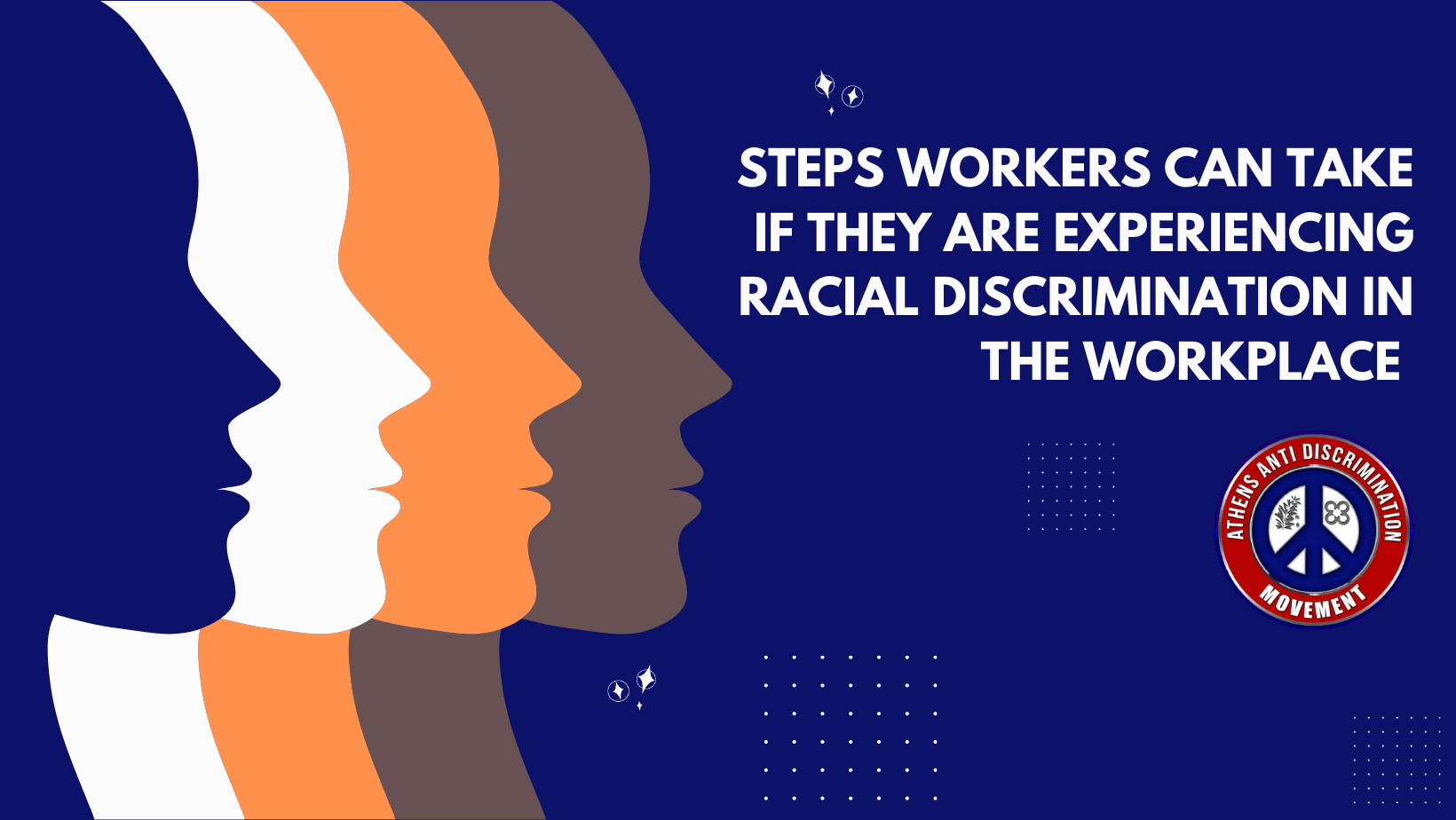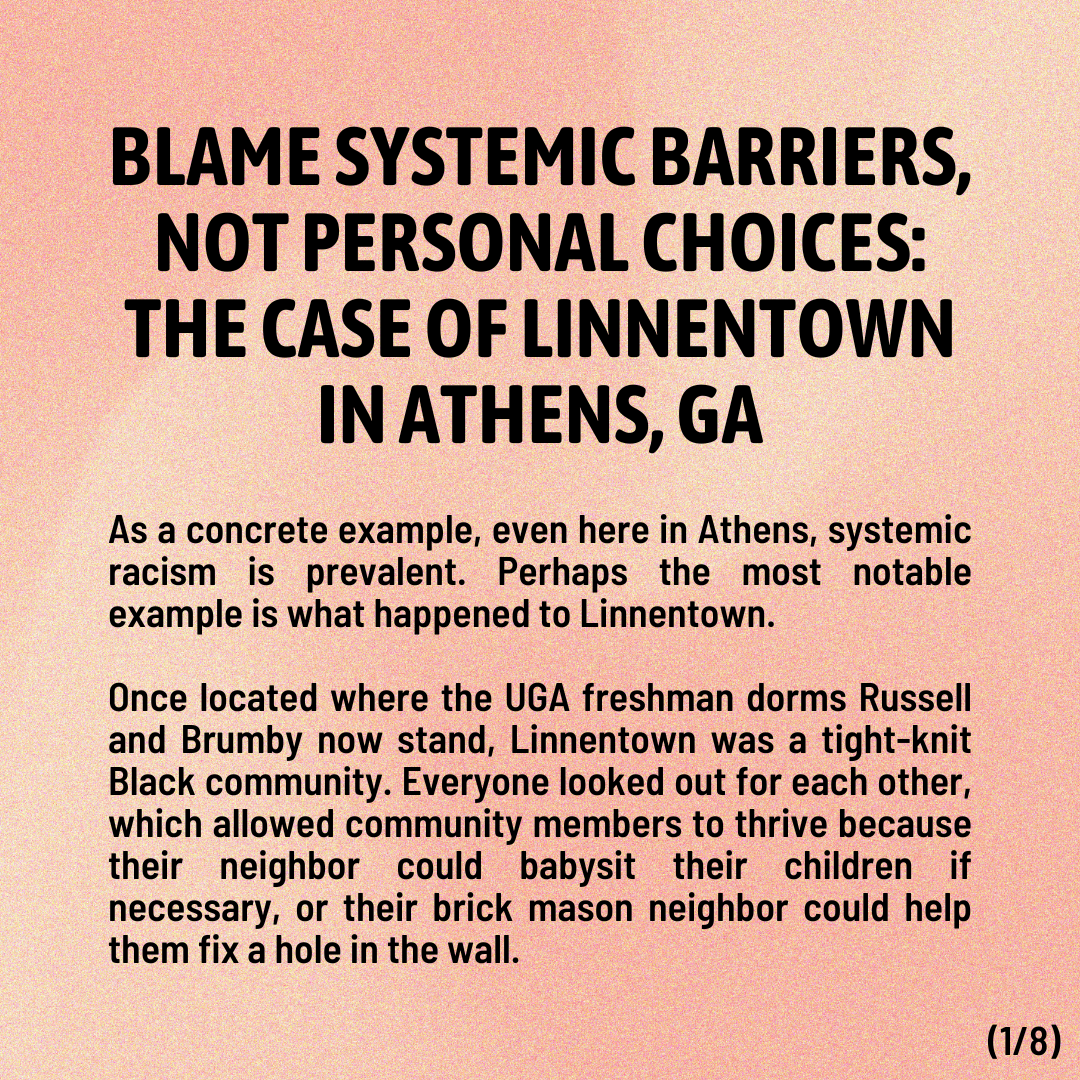Racial discrimination involves treating an employee or an applicant in an unfavorable manner because of
their race or characteristics associated with race. Racial discrimination can also occur because of an
individual being married to or associated with someone of a particular race or color. Racial
discrimination is illegal, and if you have been the victim of racial discrimination in the workplace there
are laws in place to help you.
How Racial Discrimination Occurs
Racial discrimination occurs when an employer discriminates against an employee directly because of an attribute that they have because they belong to a protected class as determined by Title VII of the
Human Rights Act, 1964. There are many ways that racial discrimination can occur in the workplace. It
can involve being turned down for a promotion that you are qualified for simply because of your skin
color or ethnic background, being paid a lower rate, being laid off, denial of benefits, being denied
opportunities, and even being fired. You could be subjected to racial slurs from a coworker, subjected to
the display of racially offensive symbols or comments, or subjected to derogatory or offensive remarks
about your heritage or color. If you believe you are a victim of racial discrimination, you should
document everything and maintain thorough evidence to support your racial discrimination claim.
What To Do If You Have Suffered Racial Discrimination
If you have been a victim of racial discrimination in the workplace, there are laws to protect you. You
should first address the matter with your employer. Speak with a supervisor or with human resources
(HR) about the incident. Be sure to document how your employer responds, and if they address the
matter. If the issue is not resolved, then you will take the next step and file a complaint with the Equal
Employment Opportunity Commission (EEOC). They will investigate the incident and work to resolve the
matter.
They will review your evidence and they will speak with your employer. They will work to make sure that
the discrimination matter is resolved, and that you are treated fairly. If they find that your employer
knowingly and willingly broke the law, they file a lawsuit against them on your behalf. You have a limited
time to pursue a charge against your employer. You have 180 days to file a charge unless state laws give
you longer.
What To Expect
When you file a racial discrimination claim against your employer, you can ask to be compensated for
any damages that you suffered because of the discriminatory acts. These damages include:
- Injunction Relief: court order requiring that the defendant stops race discrimination
- Back Pay: the amount in wages that the employee should have received had the unlawful racial discrimination had not occurred
- Front Pay: represent a plaintiff’s lost salary and benefits, caused by the unlawful racial discrimination, from the time of trial through some point in the future
- Compensatory and Punitive Damages: compensatory damages awarded to plaintiffs designed to give justice to them after being wronged by racial discrimination and punitive damages are designed to prevent others from being hurt by the same or similar actions of racial discrimination.
If you have any further questions, you can contact the EEOC toll free at 1-800-669-4000.
Resources Found Via:
- https://www.eeoc.gov/racecolor-discrimination
- https://www.dol.gov/agencies/oasam/centers-offices/civil-rights-center/statutes/title-vii-civil-rights-act-of-1964
- https://employmentlawhelp.org/discrimination/coworker-racially-insensitive
- https://employmentlawhelp.org/discrimination/prove-racial-discrimination
- https://www.eeoc.gov/
- https://www.eeoc.gov/youth/how-file-complaint




